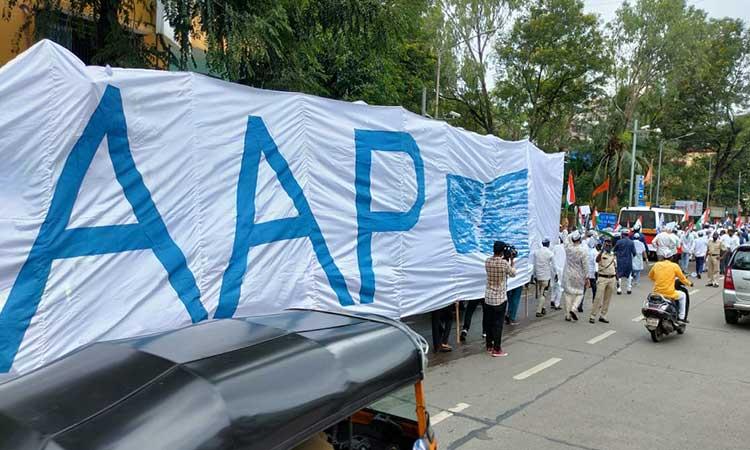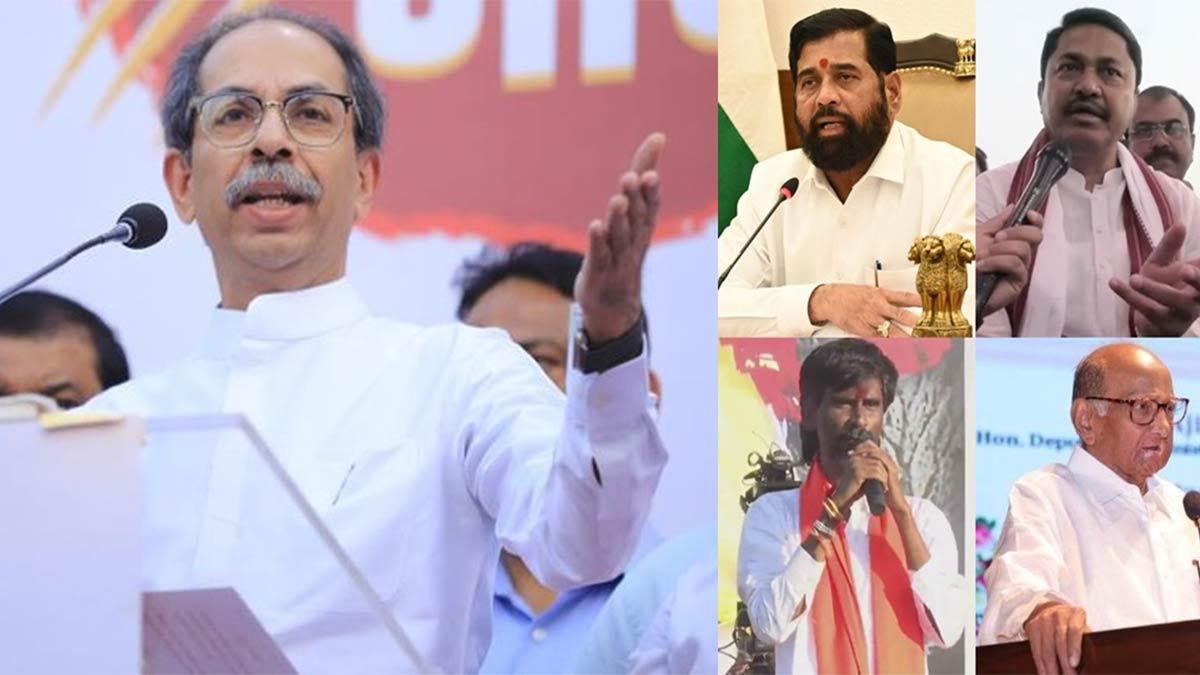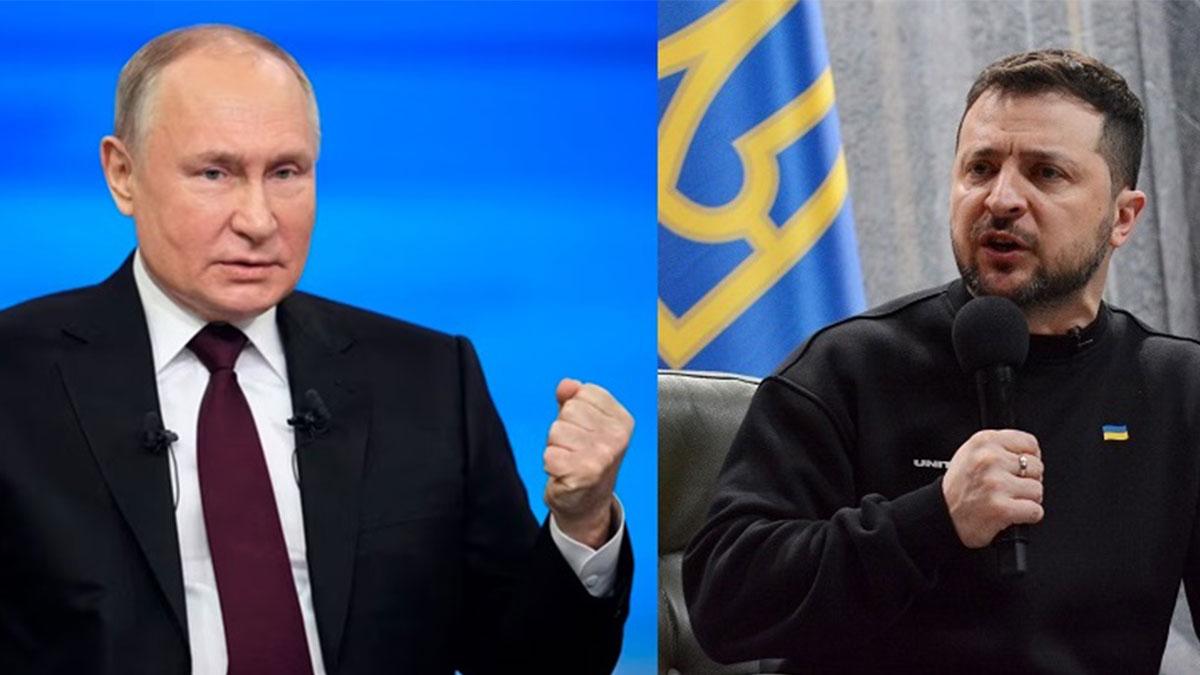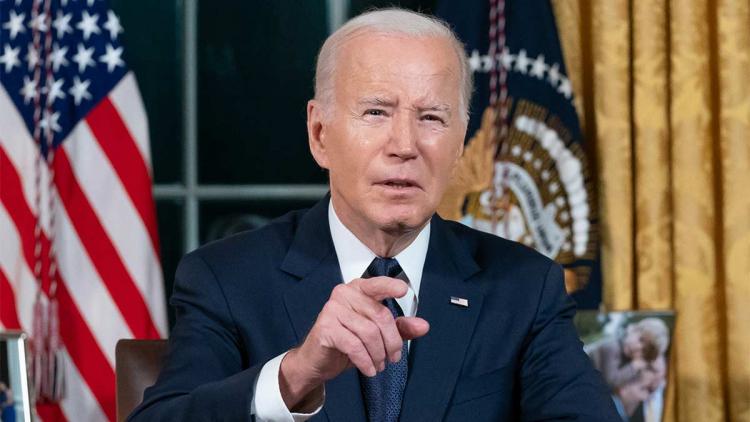The current debate on welfare versus freebies is driven by a gamesmanship of political semantics. Any goods or services which are subsidised and paid for by the taxpayer can easily fall into any of these categories. It is only a matter of interpretation.
The winning run of the Aam Aadmi Party and its chief Arvind Kejriwal has ruffled many feathers and to counter it a new debate on welfare versus freebies has come into play.
The AAP's winning combination of its signature schemes of free power and education have been attacked to say that they are freebies or 'revadi' culture whereas the AAP contends that they are welfare schemes.
Observers have pointed out that there are guidelines to differentiate between what is a welfare scheme and what constitutes a freebie. One man's welfare schemes may be another man's freebie.
Also read | With 500 high-mast flags, Delhi has become 'City of Tricolours': CM Kejriwal
They point out that what is welfare or freebie is not easy to differentiate. Kejriwal's schemes are seen to be helping the poor with free power linked to usage. Similarly, all welfare schemes by other states or the Centre are subsidised and paid for by the GST or Income tax.
In July, Delhi chief minister Arvind Kejriwal hit back at Prime Minister Narendra Modi's jibe on 'revadi culture'.
"I have been accused of distributing revadis (sweets), freebies. I am being abused. I want to ask the people of India, where am I wrong?" said Kejriwal in a press briefing.
Earlier, the Prime Minister, while inaugurating the Bundelkhand Expressway in Uttar Pradesh warned against what he called the 'revadi culture' of offering freebies for votes and termed it 'very dangerous'.
Also read | PM Modi attacks Oppn, says those who talk big lack vision
"I am providing free quality education to the poor children of Delhi. Am I distributing revadis? Before we came to power, the plight of Delhi government schools was miserable. The future of 18 lakh children was in the dark due to poor infrastructure. Is it a crime to provide good education to these children free of cost?" Kejriwal asked during the briefing.
He said that we have turned around Delhi's government hospitals, built amazing Mohalla Clinics. Delhi is the only megacity in the world where each of the 2 crore people can get free treatment, he added.
"Those abusing me for making bus rides free for women are the same people who have spent thousands of crores on private jets," he added.
"Kejriwal saves money and makes women travel for free. I have studied engineering, my degree is also not fake. Delhi's budget is running in profit, what wrong did I do if I give facilities to people by curbing corruption," added the Delhi Chief Minister.
Pouncing on the BJP government at the Centre, the Congress attacked the government over writing off loans to the tune of Rs 10 lakh crore terming it as 'Gajak Culture' and countering the revadi culture remarks.
Addressing a press conference last week, Congress spokesperson Gaurav Vallabh said that based on the Food Security Act 2013, the BJP government distributed free ration to 80 crore citizens during the corona epidemic. Indirectly, the National Food Security Act also obliges the government to buy food grains from farmers at the Minimum Support Price (MSP).
"So if the distribution of food grains to 80 crore citizens (approximately 60% of the population) and buying the same food grains from farmers at MSP is a free revadi culture, then in the last 5 years Rs 9.92 lakh crore was written off by the banks. Why is the Government silent on this free Gajak culture?" he asked.
He said of the Rs 9.92 lakh crore loan written off by banks in the last 5 years, Rs 7.27 lakh crore is the share of public sector banks. In the reply given in the Parliament, the government admitted that in the last 5 years, out of the amount written off by the public sector banks, only Rs 1.03 lakh crore was recovered. Public sector banks recovered 14 percent of the amount written off in the last 5 years.
He alleged that if MNREGA is is a free revadi for the government, then why not the reduction in corporate tax rates announced by the government in 2019 is free Gajak? Net impact of the decrease in these corporate tax rates is Rs 1.45 lakh crore of less tax collection. This is twice the MGNREGA budget in the current financial year.
Vallabh said why small amounts or assistance given to the poor are �freebies' (revadi), while the freebies that the rich friends get all the time through low tax rates, write offs and exemptions are �necessary incentives' (Gajak)?
Hitting out at Union Finance Minister Nirmala Sitharaman's statement on freebies, Delhi Deputy Chief Minister Manish Sisodia said that the ruling party makes fun of welfare schemes by calling them �revadis' (freebies).
He said that two models of governance are being followed in the country. One is the Dostwad model of governance where the people in power help their friends, waive off crores of rupees in taxes of super rich friends and call it development. The other model is of the proper and honest use of taxpayers money to open schools, free education to the kids, free electricity to the citizens, free bus travel for women and pension to the elderly people.
"The �Dostwadi' model of the BJP waives loans of lakhs of crores of rupees of its friends but deprives the common man of facilities like health and education. They do �Dostwadi' politics (for welfare of friends) and we do politics for the common people," the deputy CM said at the press briefing.
Sisodia claimed that Sitharaman tried to scare people by claiming that spending government money on public welfare will destroy India and urged the Centre to invest in citizens.
The Supreme Court on Wednesday orally observed that issues raised during the hearing of the petition against freebies promised by political parties during polls is getting "increasingly complicated".
A bench headed by Chief Justice N V Ramana orally observed that the court cannot prevent political parties from making promises. However, it added that the question is what constitutes right promises?
The bench, also comprising Justices J K Maheshwari and Hima Kohli, queried, can we describe the promise of free education as a freebie? Can free drinking water, units of power etc. be described as freebies?
The bench asked whether free electricity can be described as welfare? The concern right now is what is the right way of spending public money. "Some say money is wasted; some say it is welfare. The issue is getting increasingly complicated", said the bench, asking the parties involved in the matter to give their opinions, and after debate and discussion on the matter, the court may take a decision. The bench also cited the example of schemes such as MNREGA.
The Centre has asked the Supreme Court to lay down guidelines to regulate the freebies announced by political parties to induce voters, till the legislature devises a mechanism. The issues associated with freebies were also acknowledged by the apex court, which observed that the economy losing money and the welfare of the people, both have to be balanced.
A bench headed by Chief Justice N V Ramana and comprising Justice Krishna Murari noted that irrational freebies are definitely an issue of concern and there should be financial discipline. They however pointed out that in a country like India, where poverty is an issue, how could poverty be ignored.
Solicitor General Tushar Mehta, representing the Centre, said: "We are proposing a committee, comprising secretary, central government, secretary of each state government, representative of each political party, representative of Niti Aayog, RBI, Finance Commission, National Taxpayers Association and others". He added that till the legislature steps in, the court may lay down something.


















